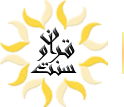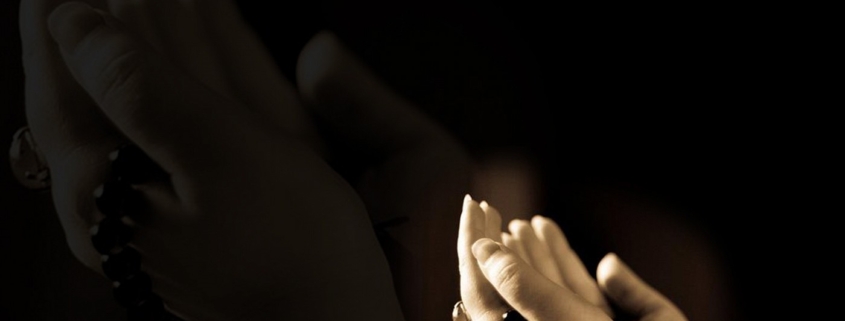Dua for Sadness Invocation in Times of Sadness and Despondency.
Dua for Sadness:
I’m going to share the Dua for Sadness, Depression, anxiety and all sort of Worries in English and Arabic. Dua for Sadness Invocation in Times of Sadness and Despondency.
Dua to Seek Relief from Sadness and Worries:
اللّهُـمَّ إِنِّي عَبْـدُكَا ابْنُ عَبْـدِكَ ابْنُ أَمَتِـكَ نَاصِيَتِي بِيَـدِكَ، مَاضٍ فِيَّ حُكْمُكَ، عَدْلٌ فِيَّ قَضَاؤكَ أَسْأَلُـكَ بِكُلِّ اسْمٍ هُوَ لَكَ سَمَّـيْتَ بِهِ نَفْسَكَ أِوْ أَنْزَلْتَـهُ فِي كِتَابِكَ، أَوْ عَلَّمْـتَهُ أَحَداً مِنْ خَلْقِـكَ أَوِ اسْتَـأْثَرْتَ بِهِ فِي عِلْمِ الغَيْـبِ عِنْـدَكَ أَنْ تَجْـعَلَ القُرْآنَ رَبِيـعَ قَلْبِـي، وَنورَ صَـدْرِي وجَلَاءَ حُـزْنِي وذَهَابَ هَمِّـي
“Oh Allah, I am Your slave, son of Your slave, son of Your female slave, my forelock is in Your hand, Your command over me is forever executed and Your decree over me is just. I ask You by every Name belonging to You which You named Yourself with, or revealed in Your Book, or You taught to any of Your creation, or You have preserved in the knowledge of the unseen with You, that You make the Qur’an the life of my heart and the light of my breast, and a departure for my sorrow and a release for my anxiety”
But Allah will take away his sorrow and grief, and give him in their stead joy.” (Ahmad 1/391)
Another Supplication for Sadness:
اللّهُـمَّ رَحْمَتَـكَ أَرْجـوفَلا تَكِلـني إِلى نَفْـسي طَـرْفَةَ عَـيْن، وَأَصْلِـحْ لي شَأْنـي كُلَّـه لَا إِلَهَ إِلَّا أنْـت
Translation:
“O Allah, I hope for Your mercy. Do not leave me to myself even for the blinking of an eye (i.e. a moment). Correct all of my affairs for me. There is none worthy of worship but You.” (Abu Dawud 4/324, Ahmad 5/42. Al-Albani graded it as good in Sahih Abu Dawud 3/959.)
Another Dua for Sadness:
اللهُ اللهُ رَبِّ لا أُشْـرِكُ بِهِ شَيْـئاً
Transliteration:
Allaah, Allaah, Rabbee laa ushriku bihi shay’an’
Translation:
Allaah, Allaah, my Lord, I do not associate anything with Him (Abu Dawud 2/87. See also Al-Albani, Sahih Ibn Majah 2/335.)



